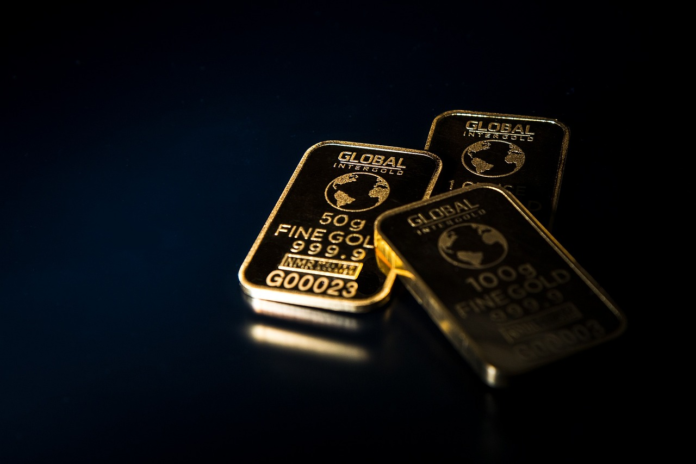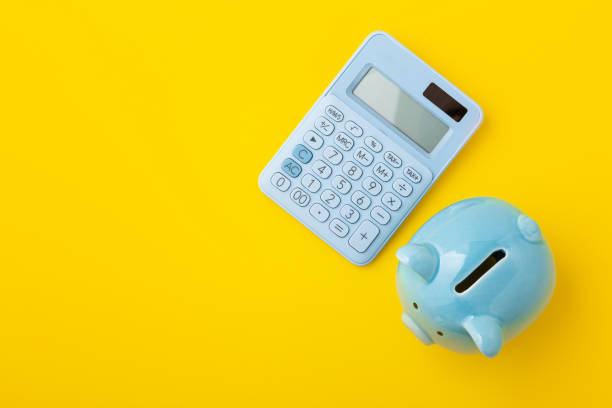Investing in a gold IRA is a great way to hedge against inflation and economic uncertainty. With a gold IRA, you can buy a precious metals coin or precious metals bullion and put it into your IRA account. You also get the tax benefits of buying gold.
Fees associated with a gold IRA
Whether you are considering a Gold IRA or other type of IRA, there are a number of costs associated with these accounts. These fees can be as little as a few dollars or as much as a few thousand dollars. In order to avoid overpaying for your account, it’s important to know what to expect.
First, there is a setup fee. Depending on the company you choose, this fee can be as low as $50 or as high as several thousand dollars. You may need some metal-res.com financial education before making any decisions, so make sure that’s done. Some companies offer a flat fee while others charge a percentage of the value of the assets in your account.
After the setup fee is paid, there are yearly maintenance fees. These fees are related to various administrative functions of your account. This includes shipping and storage, record keeping and taxation.
Aside from the fees involved, you may also have to pay insurance costs. Insurance costs are related to the cost of storing and shipping the metals you buy.
Tax advantages of a gold IRA
Investing in a Gold IRA is a great way to diversify your retirement savings, hedge against inflation, and protect your hard-earned money from the volatile markets. A precious metals IRA can also be a great investment for a second or third generation. However, not all investors will find the precious metals IRA to be the most suitable vehicle for their retirement. It is important to research the options available.
Gold IRAs come in many forms. There are traditional IRAs, Roth IRAs, and precious metals mining stocks. Each one has its own benefits and disadvantages. It is important to understand the different tax advantages and disadvantages of each type of investment before making a final decision.
Unlike traditional IRAs, a gold IRA does not allow for deductions on contributions. Instead, gold investment gains are taxed as long-term capital gains. This tax rate is higher than the tax rate on stocks.
There are also yearly maintenance fees for gold IRA accounts. This includes a one-time account setup fee and a fee each year for storage. You will also have to pay taxes when you cash out. There are also penalties for early withdrawals. These penalties are generally a 10% fee, but there are exceptions for disabled individuals and people with life expectancies of less than a year.
Storage options for gold, silver, and palladium coins
Some people prefer to store their precious metals at home. This is a safe and affordable option, but it may not offer insurance coverage. In addition, your precious metals may be at risk of theft.
Some other options include safe deposit boxes, ground burial, and decoy safes.
Another option is to use a home safe. These safes are airtight and secure, but they are also relatively expensive. They are also difficult to move around and are not an option for renters.
You can also store your precious metals in a bank vault. You’ll need to pay a fee for storage, though. This article states that this method is not insured by the FDIC.
Some other options include a metal cabinet or safe, which can be locked. This can be a better option than a wood cabinet. It’s also possible to place your precious metals in a Mylar “flip” – a holder lined with Mylar. This is a small airtight container with a circular cut-out in the middle, so that you can view your coins from both sides.
Finally, you can store your coins in an album. These albums are like photo albums, but each page has slots for a coin. You can store up to 100 coins at a time. Aside from security, you’ll also want to consider how accessible your precious metals are. It’s also a good idea to store your metals in a dry, cool place.
Numismatic coins pay higher commissions than gold bullion
Buying numismatic coins can be a great way to invest, especially if you are a coin collector. There are many factors that determine the value of a coin, including the mint where it was minted, its condition, and the rarity.
The value of a coin can vary significantly from year to year. For example, a proof coin can be worth more than a circulated bullion coin. Also, the value of a coin depends on the market for it. For instance, if there is a large demand for coins, then the price of the coin may go up. However, if there is scarcity, the price of the coin may decline.
While a numismatic coin can be a great investment, it is important to know the risks before you buy. There are many factors that may affect the price of a coin, including market sentiment, demand, and quality. If you are considering buying a numismatic coin, you should find a reputable dealer. You should also consult with an independent financial advisor to make sure the investment is right for you.
The value of a coin can go down, so it is important to have a large enough cash reserve to cover the investment. You should also avoid making impulse purchases. Some consumers have been burned by buying coins for too much.





